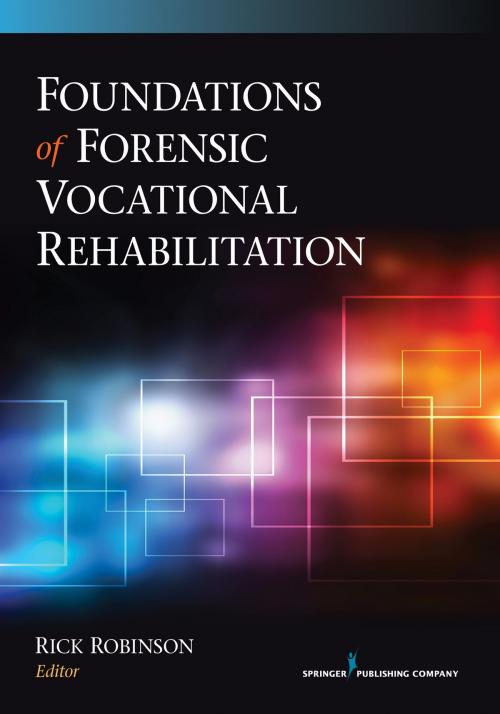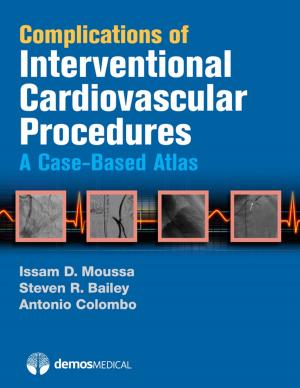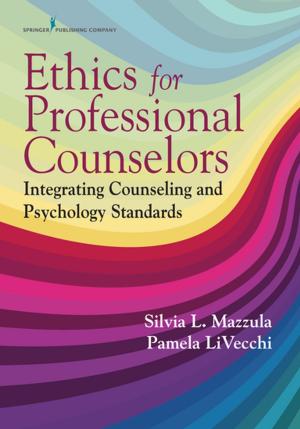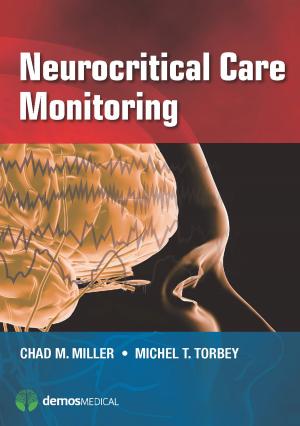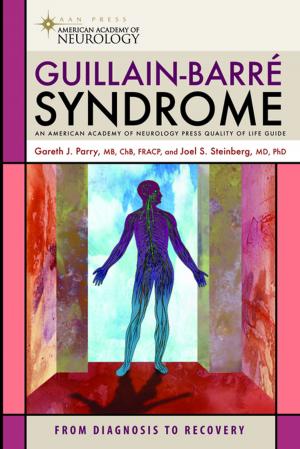Foundations of Forensic Vocational Rehabilitation
Nonfiction, Reference & Language, Law, Disability, Social & Cultural Studies, Social Science, Health & Well Being, Psychology, Counselling| Author: | ISBN: | 9780826199287 | |
| Publisher: | Springer Publishing Company | Publication: | December 3, 2013 |
| Imprint: | Springer Publishing Company | Language: | English |
| Author: | |
| ISBN: | 9780826199287 |
| Publisher: | Springer Publishing Company |
| Publication: | December 3, 2013 |
| Imprint: | Springer Publishing Company |
| Language: | English |
This is the first fundamental text to focus specifically on forensic vocational rehabilitation, a field that is forecast to grow rapidly. Forensic vocational rehabilitation consultants evaluate the vocational and rehabilitation needs of individuals in an array of legal settings such as civil litigation, workersí compensation, Social Security disability, and others. The text is unique in its exploration of the vocational rehabilitation process from a biopsychosocial perspective that views disability as a complex and multidimensional construct. The book comprehensively describes the parameters and theoretical issues of relevance in evaluating and developing opinions in forensically oriented matters. It culls and synthesizes current peer-reviewed literature and research on this private subspecialty practice area of rehabilitation counseling, including theories, models, methods, procedures, and fundamental tenets of the field. Also included is current information about the labor market, life care planning, and professional identity, standards, and ethics.
The text is designed for graduate and postgraduate students in rehabilitation counseling and psychology as well as practicing forensic vocational rehabilitation consultants and professionals moving toward practice in this arena. Chapters are authored by noted scholars or published practitioners in each subject area, and include an introduction to the content area, discussion of key terminology and concepts, and a review of the current and historical literature, with emphasis toward future research needs and evidence-based practice. The book fulfills the requirement by the Commission on Rehabilitation Education (CORE) for training in this subject area at the graduate level for new certification or certification maintenance.
Key Features:
- Comprises the only foundational text to focus specifically on forensic vocational rehabilitation
- Synthesizes peer-reviewed research into one authoritative source
- Describes the role, function, and scope of practice of the rehabilitation counselor in private forensic vocational rehabilitation practice
- Fulfills CORE requirements for certification
This is the first fundamental text to focus specifically on forensic vocational rehabilitation, a field that is forecast to grow rapidly. Forensic vocational rehabilitation consultants evaluate the vocational and rehabilitation needs of individuals in an array of legal settings such as civil litigation, workersí compensation, Social Security disability, and others. The text is unique in its exploration of the vocational rehabilitation process from a biopsychosocial perspective that views disability as a complex and multidimensional construct. The book comprehensively describes the parameters and theoretical issues of relevance in evaluating and developing opinions in forensically oriented matters. It culls and synthesizes current peer-reviewed literature and research on this private subspecialty practice area of rehabilitation counseling, including theories, models, methods, procedures, and fundamental tenets of the field. Also included is current information about the labor market, life care planning, and professional identity, standards, and ethics.
The text is designed for graduate and postgraduate students in rehabilitation counseling and psychology as well as practicing forensic vocational rehabilitation consultants and professionals moving toward practice in this arena. Chapters are authored by noted scholars or published practitioners in each subject area, and include an introduction to the content area, discussion of key terminology and concepts, and a review of the current and historical literature, with emphasis toward future research needs and evidence-based practice. The book fulfills the requirement by the Commission on Rehabilitation Education (CORE) for training in this subject area at the graduate level for new certification or certification maintenance.
Key Features:
- Comprises the only foundational text to focus specifically on forensic vocational rehabilitation
- Synthesizes peer-reviewed research into one authoritative source
- Describes the role, function, and scope of practice of the rehabilitation counselor in private forensic vocational rehabilitation practice
- Fulfills CORE requirements for certification
